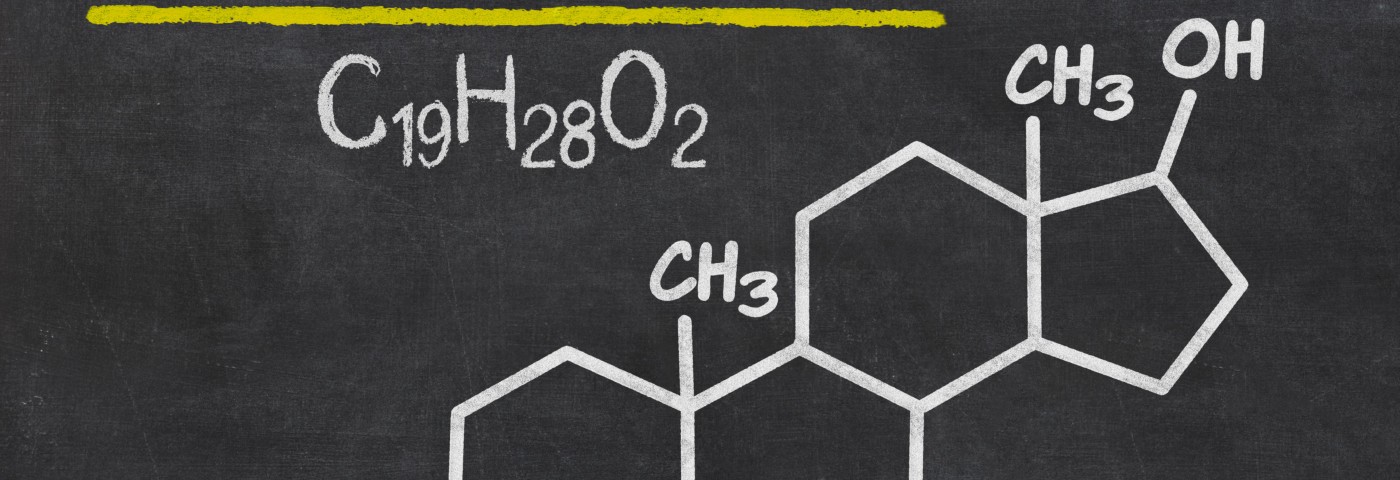Testosterone replacement therapy does not appear to worsen lower urinary tract symptoms (LUTS) in male patients treated for late-onset hypogonadism (LOH), according to a review study led by researchers at Baylor College of Medicine, Texas. The review, “Effects of Testosterone Replacement Therapy on Lower Urinary Tract Symptoms: A Systematic Review and Meta-analysis,” was published in the European Urology journal.
LOH, also known as male menopause, is characterized by the gradual reduction in testosterone levels, decreased libido, fatigue, depression, and erectile dysfunction. The decline in testosterone often begins at age 40, and more than 30 percent of men meet LOH criteria by age 70.
Testosterone replacement therapy (TRT) is known to efficiently improve many LOH symptoms, but debate exists as to whether TRT exacerbates LUTS, because testosterone has growth-promoting effects on the prostate. LUTS is often caused by an increase in prostate size due to benign prostatic hyperplasia (BPH).
To clarify the available evidence, researchers reviewed and analyzed randomized controlled trials of LOH patients treated with TRT versus placebo to determine the link between TRT and LUTS, as assessed by the International Prostate Symptom Score (IPSS).
They performed a systematic search of MEDLINE, Embase, ClinicalTrials.gov, and The Cochrane Library for trials of TRT for LOH published between January 1992 and September 2015. Only studies that met the criteria of randomized control trials, TRT use, and assessed LUTS outcomes through IPSS were included. Pooled random effects meta-analysis and meta-regression of the data were then performed.
A total of 14 trials, including 2,029 participants with a mean age of 64.5 and an average follow-up of 34.4 months, were identified and analyzed. In these studies, testosterone was delivered to patients through various routes: topically (seven studies), injection (five trials), and orally (two studies).
Compared with patients on placebo, men receiving TRT showed no significant differences in pooled changes in IPSS from baseline to follow-up, the analysis revealed. Furthermore, no differences were found in subanalyses controlling confounders like type of testosterone, change in testosterone, aging male symptom scale, or prostate-specific antigen levels.
The authors concluded that these findings “suggest that hypogonadal men treated with TRT should not experience aggravation of LUTS after therapy.”

